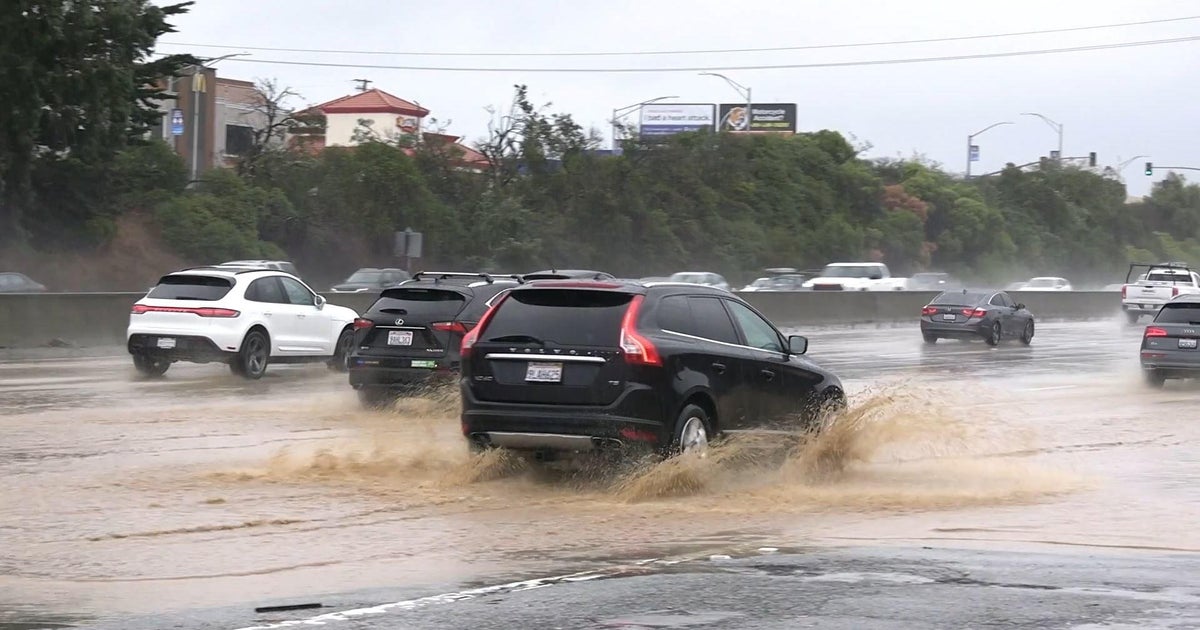Some question implications of Mayor London Breed's Safer San Francisco ballot measure
SAN FRANCISCO – Mayor London Breed on Tuesday announced a new public safety measure she said was aimed at giving San Francisco police officers more tools to catch criminals.
The so-called Safer San Francisco ballot measure would give officers access to technology like drones, ease restrictions on police chases in the city and reduce paperwork requirements for officers, the mayor said.
According to a press release from the mayor's office, the ordinance would additionally prevent "the City's Police Commission from prioritizing ideology before community safety."
At a Tuesday morning press event, the mayor claimed the proposed measure would allow officers to do their jobs more effectively and efficiently.
"People have always wondered, 'Why didn't police do this? Why didn't the police do that?' And it all goes back to many of these new, consistently changing, conflicting policies that have not helped with reforms," said Breed.
The measure has already sparked heated debates across the city, with proponents arguing for enhanced police tools and opponents expressing concerns about civil liberties and community safety.
Mayor Breed defended the initiative at the press event.
"What we are introducing today is a change that is necessary. A change that recognizes that we have evolved; that we want safe streets in every neighborhood," she said.
However, not everyone is embracing this proposed change. Deldep Medina, a community leader in the Mission District, voiced her concerns about the plan. Speaking passionately from the heart of the Mission District, Medina emphasized her worry about the potential consequences of increased policing.
"Policing doesn't equal safety," Medina argued. "The Supreme Court themselves have said that because you're a police officer doesn't mean that you're responsible. And as a result of that, it doesn't bring more safety to communities."
Medina, whose work often involves supporting marginalized communities, emphasized the damage that over-policing has already caused in communities of color. She highlighted studies demonstrating that over-policing frequently exacerbates issues and disproportionately affects individual on one side of racial, class and economic lines.
Another of Medina's major concerns revolves around the use of technology. Currently, San Francisco police officers cannot employ city-owned and operated cameras and drones for crime prevention and investigation. If the Safer San Francisco measure passes, these policies will be revised.
Medina expressed fears that increased surveillance might lead to incidents similar to the Dolores Park Hill Bomb in July, where police clashed with teenagers, resulting in arrests and lawsuits.
"The hill bomb that happened a few months ago, this is a place where young people were corralled by police, harassed. Parents weren't notified. Young people's civil rights were violated," Medina stated.
Despite the city's assurance of protecting civil liberties and data retention, Medina anticipates a significant campaign to help the public understand the implications of the Safer San Francisco initiative.
Mayor Breed plans to put this ordinance on the March 2024 ballot. It would need a simple majority to pass into law. San Francisco Supervisors Catherine Stefani, Matt Dorsey and Joel Engardio were also quoted as being in favor of the new plan in the press release about the measure, which can be found online.



